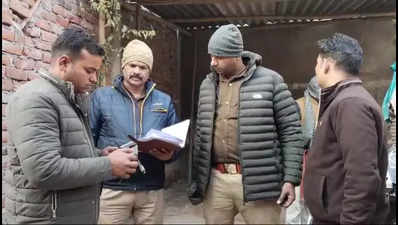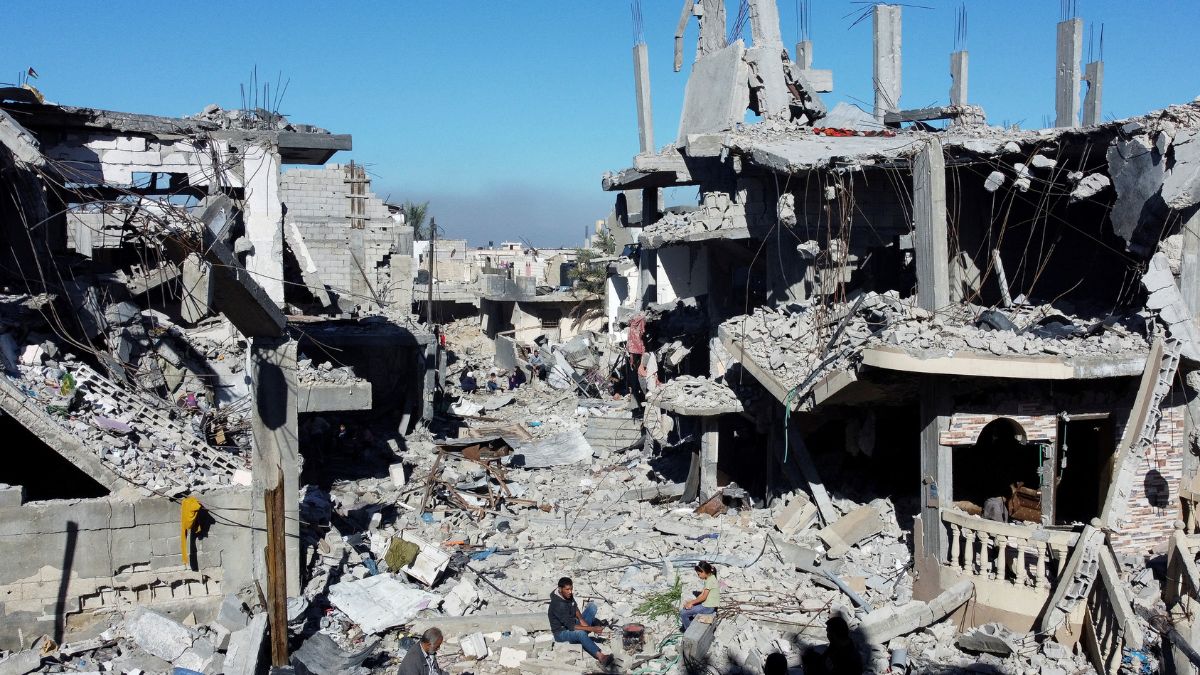LUCKNOW: Psychologists and criminology experts have labelled Arshad as a textbook example of a ‘psychopath killer’. His actions, characterised by a lack of empathy and calculated cruelty, align closely with the behavioural traits commonly observed in such cases.
Speaking to TOI, clinical psychologist PK Khatri explained that the crime could be a case of psychopathy or psychotic symptoms. “This could stem from deep-seated fears or insecurities in his subconscious mind. Sometimes, individuals experience psychotic symptoms where they feel compelled to act on imagined threats or instructions,” the expert said.
Before committing the crime, the accused, Mohammed Arshad, reportedly visited the Khamman Pir Baba shrine to offer prayers. The psychologist noted that such behaviour might indicate an attempt to seek divine sanction to resolve inner turmoil.
When asked about the implications in court, the expert highlighted that cases like these require detailed clinical evaluations to determine the psychological state of the accused and whether psychotic symptoms influenced the crime. “This case, marked by its brutality and apparent lack of motive, shows a perfect example of a psychopath,” he said.
“They are skilled at lying and manipulating others to serve their own interests, as Mohammed Arshad did during police interrogation. He also made up a fake IGRS complaint about harassment by neighbours,” said another expert, Mayank Srivastava, who holds a PhD in criminology from the University College, London, and assisted police force in several probes.
He said a psychopath typically exhibits the above traits, and their actions are often premeditated, driven by personal gain, or carried out without any clear emotional attachment or provocation, as is the case with Mohammed Arshad.
Dr Adarsh Tripathi, professor, psychiatry, KGMU, said that psychopaths do not feel guilty for their actions, even when those actions cause harm to others, which is clearly visible from his video and statements.
Lucknow police are also mulling over taking assistance from psychiatrists and then questioning Arshad once he is taken on remand.




